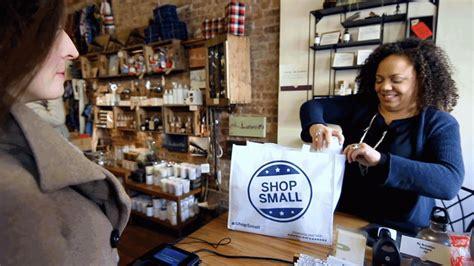Results Of Gusto Business Owner Survey Finds Technology ‘Lowers Barriers’ For Disabled, Other Marginalized Entrepreneurs

Gusto this week released results of its 3rd annual business survey.
Back in December, I profiled Gusto. The San Francisco-based company specializes in building software geared towards Human Resources departments the world over. As I reported at the time, Gusto’s work may not be obviously connectable to accessibility and assistive technologies, but there is relevance in that realm. Like other companies, Gusto is putting their empathy money where their DEI mouth is by striving to create an inclusive workspace for its employees. One such person, lawyer Kevin Fritz, has muscular dystrophy and uses an electric wheelchair.
Coverage of Gusto returns to this space with more news along those same diversity and inclusivity lines. In a press release, the company today announced the results of its third annual edition of its New Business Owner Survey, which examines the rise of newly-minted entrepreneurs and their businesses. Gusto conducted the survey in the past several weeks, beginning the work in early February and finishing in mid-March. Participants were emailed questions for the survey.
“At Gusto, we surveyed business owners who started their companies in 2022—our third annual survey of entrepreneurs—to gain a deeper understanding of who these entrepreneurs are, what drove them to start new businesses, and how they are planning for a potential economic downturn,” Gusto wrote in its press release.
Amongst the bevy of findings by Gusto, some highlights include 5 million new businesses being formed last year, an increase of 42% from pre-pandemic levels in 2019. In addition, Gusto found women most responsible for the creation of new businesses while inflation continued to be the driving force behind starting new businesses and side hustles. Notably for members of the disability community, Gusto discovered 18% of partially- or fully-disabled people responded that technological advances “lowered the barriers” for them to start their own business.
In an interview with me earlier this week via videoconference, Gusto economist Luke Pardue explained to me the company sought with the survey to “focus on this area around entrepreneurship and economic uncertainty that we think about business owners right now starting a business in a very uncertain economic environment… we wanted to see what kind of issues were at the top of their mind.”
Pardue said the overarching goal of the survey is to inform Gusto on how best to support their customers going forward, adding Gusto’s aperture goes above and beyond the information conventionally provided by the Census Bureau.
Generally speaking, Pardue told me the gist of the data shows entrepreneurs from marginalized and underrepresented groups have driven a surge in entrepreneurial representation; this is important, he said, because pre-pandemic businesses were “dominated” by white, affluent people who already had “financial relationships and the resources to start new businesses.” Marginalized people have become disruptors in bucking that trend, with Pardue saying it’s “being driven by groups that don’t traditionally take part in entrepreneurship, or have been blocked from entrepreneurship.” Pardue also reiterated technology’s role in helping people, especially those who are disabled, get their businesses off the ground because the barriers to entry are made significantly lower, making businesses feasible.
“When we think about what helps us [at Gusto] to do this survey, it’s all about how we’re able to gain a better picture of who’s starting new businesses, where they’re starting new businesses, the industries that they’re starting in. Even something like remote and hybrid work—how they’re starting businesses with a much greater focus to remote and hybrid work,” Pardue said of the benefit Gusto derives from doing these surveys. “It helps us, too, to serve these entrepreneurs better. And from a policy perspective, it helps policymakers to create the laws and regulations that will allow us to address the disparities and financing that still exists.”
Pardue continued: “To me, it’s [the information from the survey] an encouraging picture around all these different people who might not have started a business 10 years ago, being able to get in there and reap the rewards of entrepreneurship in a way that they haven’t in the past.”
The full set of data can be viewed on Gusto’s website.





